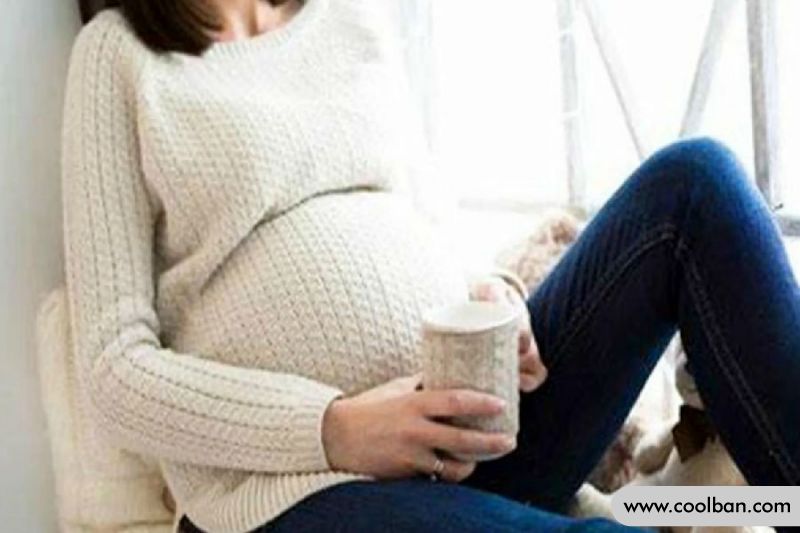Can I have sex in early pregnancy? Will it affect fetal development?
Is it possible to have intercourse in the first trimester?
Intercourse in the first trimester: neither restraint nor indulgence
The first trimester is considered the most prone to miscarriage, so many people believe that it is best not to have sex in the first 3 months of pregnancy. Do you have to spend the long first trimester in abstinence after having a baby? Of course not.
Studies by Western experts have shown that sex in early pregnancy does not increase the chance of miscarriage. As long as the body is normal in the early stages of pregnancy, most Western doctors will recommend that there is no need to stop sex. However, the frequency of intercourse in the first trimester should be moderate, the intensity and angle of each time should be moderate, and the stimulation of the nipple should be avoided as much as possible to avoid uterine contractions. Therefore, do not restrain sex, do not indulge in sex, in order to make the husband and wife harmonious, the baby is healthy. Of course, it still varies from person to person, depending on the physical condition, you can consult the doctor's opinion to see whether the physical condition of the pregnant mother allows the same room.
Intercourse in the first trimester: Do I have to wear a condom during pregnancy?
While it is possible to have sex without a condom during pregnancy from a conception standpoint, from a health and safety standpoint it is best to use a condom. Because this reduces the contact between the mother and the semen, it also reduces the chance of infection. In addition, expectant mothers have a lot of secretions during pregnancy, and the glucose metabolism rate is poor, which is easy to breed mold. Therefore, if you don't want to wear condoms, the doctor will advise the prospective father to do a good job of cleaning to avoid infection. After all, health and safety come first.

Fetal development and maternal changes in the first trimester
Variation 1: Fetal development
In the first trimester, the implanted fertilized egg shunts and expands continuously in the uterus. After cleavage and cell division, three germ layers are gradually formed. These three germ layers form various organs of the human body, including skin, hair, liver, etc., including the placenta and umbilical cord. Over time, various organs have initially developed in the first trimester. Therefore, in the process of the formation of various organs of the fetus in the first trimester, if it is affected by the external environment or other unfavorable factors, the fetus may be deformed.
Variation 2: Pregnancy symptoms
Throughout the first trimester, expectant mothers do not gain much weight. In the early stages of pregnancy, the physical changes of the expectant mother may be manifested as a small amount of vaginal bleeding, which may generally be caused by the implantation of a fertilized egg. Beginning in the 4th week of pregnancy, in order to cope with the increased blood supply, the expectant mother's heartbeat must increase, and the pulse per minute will also increase than before, which is the main reason for the expectant mother's fatigue in the early stages of pregnancy. At the same time, the breasts of the expectant mother will also have great changes, which will swell and become larger, the color of the nipple and areola will begin to darken, and the expectant mother will also feel breast tenderness.
Most expectant mothers experience nausea and vomiting, also known as morning sickness, during the first trimester. By the 12th week, the uterus is spherical and the expectant mother can feel the uterus in the lower abdomen. Also, the cervix, vaginal walls, vulva, and labia minora may all have some coloration.
Change 3: Psychological changes of expectant mothers
The psychological characteristics of this period are mainly emotional instability. Under the influence of the continuous rise of estrogen and progesterone in the body, coupled with the pressure brought by pregnancy, the expectant mother will become irritable, crying, bored, depressed, unable to control herself, etc. emotional response. Emotions become more ups and downs.
